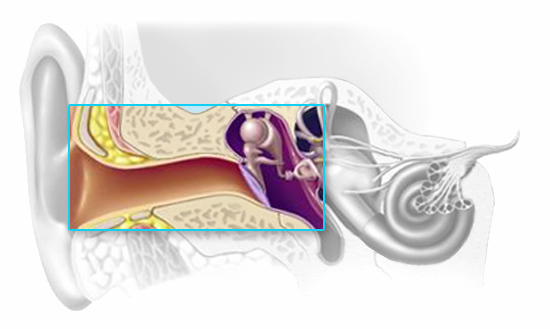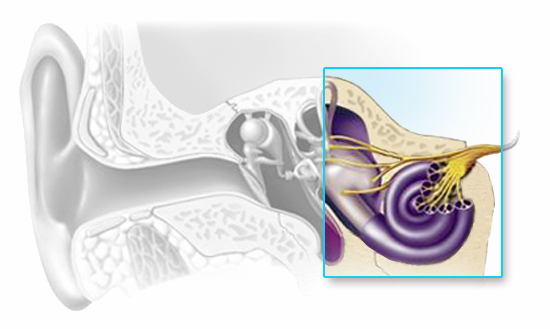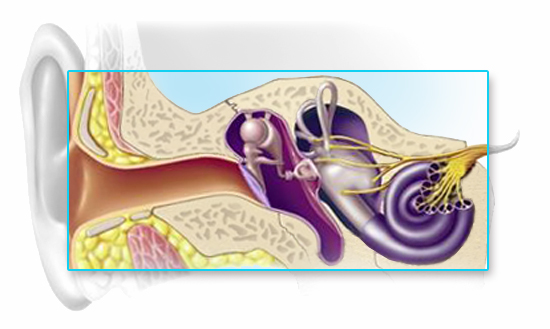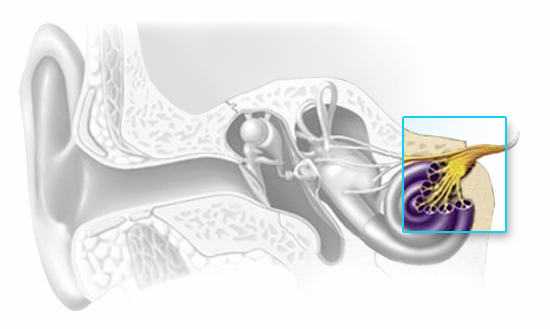“I hear enough for now.”
“I don’t need hearing aids yet.”
“My hearing is not that bad.”
These are just a few ways people justify putting off acquiring hearing devices, even when they know they have hearing loss. BUT did you know that even a mild untreated hearing loss can have an impact on our well being beyond our hearing health?
Make hearing health a priority because it can actually be impacting more than your ability to hear. Consider having a hearing test every 1-2 years to monitor your hearing and take treatment action sooner to ensure you have the best quality of life.
References
Hearing Loss and Cognitive Decline in Older Adults”, JAMA Internal Medicine., F.Lin et al,. (2013)
“Hearing Loss and Falls Among Older Adults in the United States”, Archives of Internal Medicine., F.Lin et al,.(2012)
“Hearing Aids May Improve Balance”, Medical Press., J.E. Strait (2014)
Negative impacts of untreated hearing loss
- Social withdrawal or isolation to avoid embarrassment or frustration
- Safety risks such as not hearing the fire alarm, telephone or intruder
- Auditory deprivation, which is the reduced ability to understand speech even when the volume is loud enough. The “use it or lose it” rule applies to your ears too.
- Risk of being misdiagnosed during cognitive testing due to the risk of hearing incorrectly which translates to responding incorrectly.
- Scientists tested brain function and memory of 1,984 older adults over a 6-year period. The people who had untreated hearing loss were 30-40% more likely to do poorer on these tests as they aged. They also started having problems remembering and thinking at least three years sooner than those with normal hearing (Lin et al., 2013).
- Hearing loss is now viewed as a predictor for the onset of dementia. The worse the hearing, the more likely dementia will occur. A mild untreated hearing loss is equivalent to 7 years of aging (Lin et al., 2013).
Don’t put it off any longer. If you’re unsure if you’re experiencing hearing loss:
Types of Hearing Loss

Conductive Hearing Loss
A conductive hearing loss is caused by any condition or disease that impedes the conveyance of sound in its mechanical form through the middle ear cavity to the inner ear. A conductive hearing loss can be the result of a blockage in the external ear canal or can be caused by any disorder that unfavorably effects the middle ear’s ability to transmit the mechanical energy to the stapes footplate.
This result is the reduction of one of the physical attributes of sound called intensity (loudness), so the energy reaching the inner ear is lower or less intense than that in the original stimulus. Therefore, more energy is needed for individuals with a conductive hearing loss to hear sound, but once it’s loud enough and the mechanical impediment is overcome, the ear works in a normal way.
Generally, the cause of conductive hearing loss can be identified and treated resulting in a complete or partial improvement in hearing. Following the completion of medical treatment for causes of the conductive hearing loss, hearing aids are effective in correcting the remaining hearing loss.

Sensorineural Hearing Loss
Sensorineural hearing loss results from inner ear or auditory nerve dysfunction. The sensory component may be from damage to the organ of Corti, an inability of the hair cells to stimulate the nerves of hearing or a metabolic problem in the fluids of the inner ear. The neural or retrocochlear component can be the result of severe damage to the organ of Corti that causes the nerves of hearing to degenerate or it can be an inability of the hearing nerves themselves to convey neuro chemical information through the central auditory pathways.
The reason for sensorineural hearing loss sometimes cannot be determined. It does not typically respond favorably to medical treatment, and it is typically described as an irreversible, permanent condition. Like conductive hearing loss, sensorineural hearing loss reduces the intensity of sound, but it might also introduce an element of distortion into what is heard resulting in sounds being unclear even when they are loud enough. Once any medically treatable conditions have been ruled out, individuals with a sensorineural hearing loss can be fit with hearing aids to give them access to speech and other important sounds.

Mixed Hearing Loss
A mixed hearing loss can be thought of as a sensorineural hearing loss with a conductive component overlaying all or part of the audiometric range tested. So, in addition to some irreversible hearing loss caused by an inner ear or auditory nerve disorder, there is also a dysfunction of the middle ear mechanism that makes the hearing worse than the sensorineural loss alone.
The conductive component may be amenable to medical treatment and reversal of the associated hearing loss, but the sensorineural component will most likely be permanent. Hearing aids can be beneficial for individuals with a mixed hearing loss, but caution must be exercised by the hearing care professional if the conductive component is due to an active ear infection.

Central Hearing Loss
Central hearing loss is caused by a problem with the auditory nerve or sound centres. Sound waves may travel through the ear but this nerve pathway is unable to send electrical impulses to the brain. As a result the hearing centres do not receive the signals correctly. Central hearing loss can be a result of a head injury or disease. A common symptom is the ability to detect sound but not being able to understand it.

